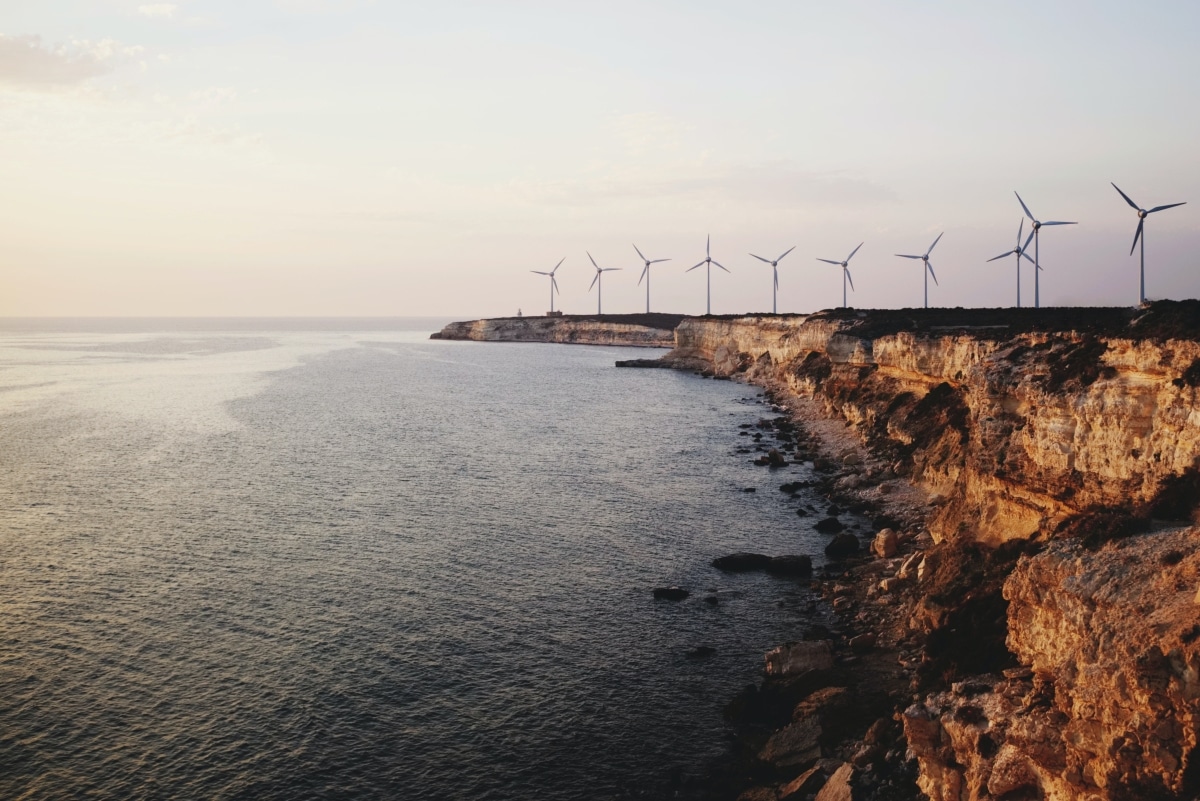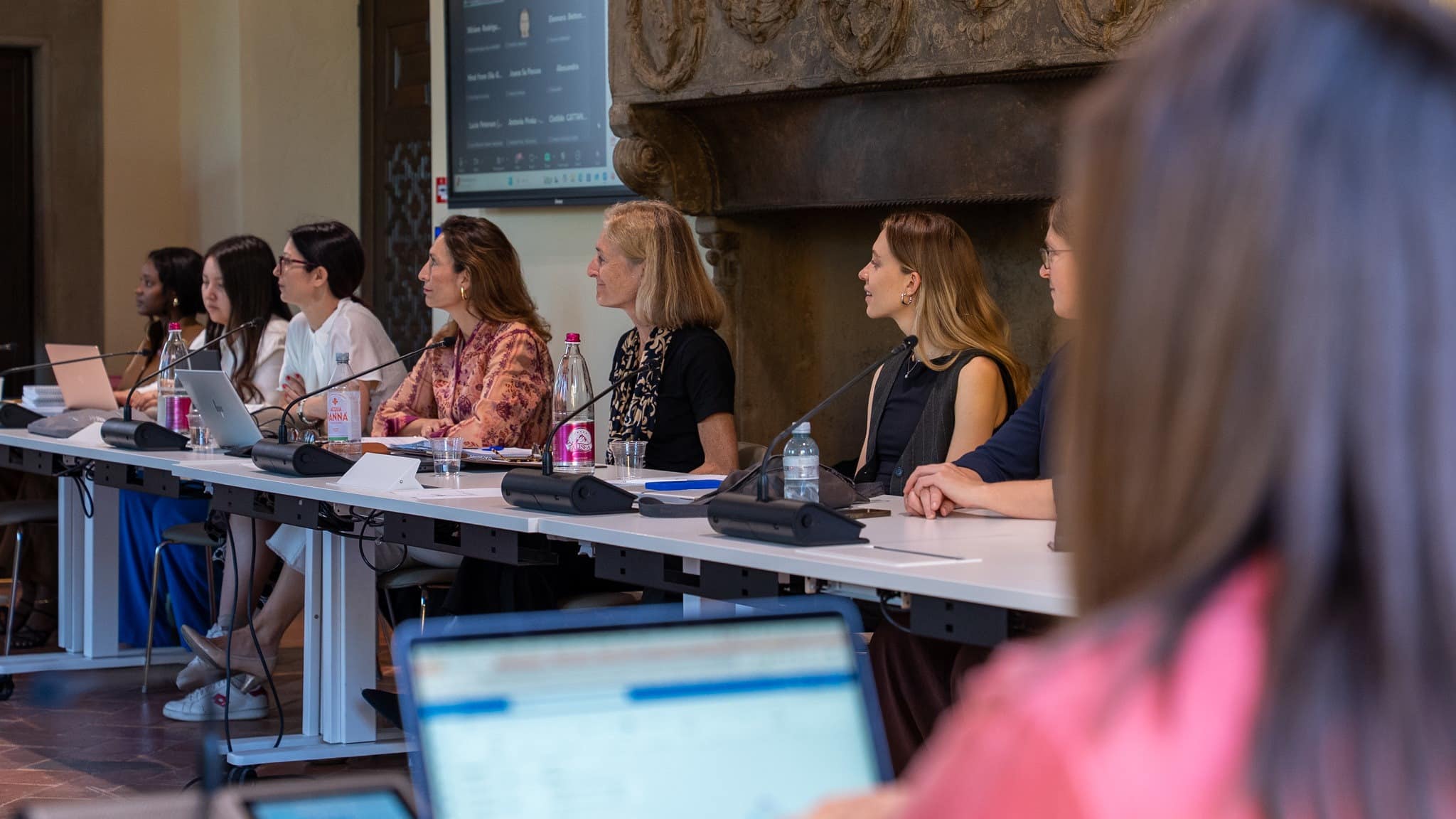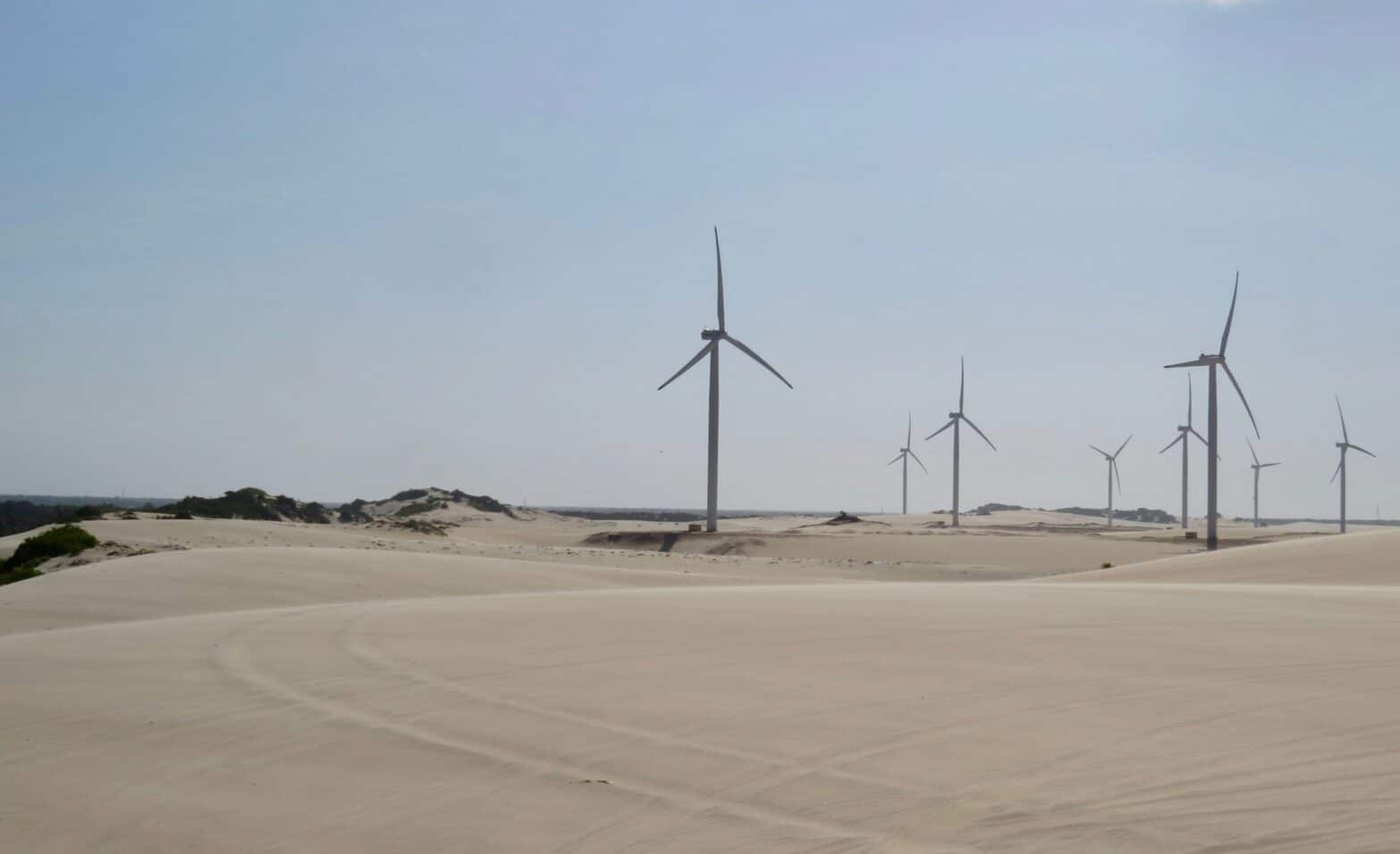Giving consumers too many choices: a false good idea? A lab experiment applied to water and electricity tariffs
Mayol, A., Staropoli, C.

The paper “Giving consumers too many choices: a false good idea? A lab experiment applied to water and electricity tariffs” (Mayol, A., Staropoli, C.) will be presented at the 9th Conference on the Regulation of Infrastructures (25-26 June, 2020).
ABSTRACT
Electricity and water tariffs are undergoing profound changes due to smart metering, retail competition, and regulatory changes. They have become more complex, and consumers now have a choice between different tariffs. In the context of the ecological transition, the underlying objective of these new tariffs arrangements is to use more cost-reflective pricing, so-called dynamic pricing, to incentivise consumers to adopt proper behaviors. Cost-reflective tariffs are seen as a means of increasing social equity by reducing the potential cross-subsidies embodied in flat-rate tariffs. If the goals are clear, empirical evidence from real-world pricing experiences shows that the outcomes of new tariffs do not always meet expectations. Some questions remain: How do consumers compare these new tariffs and make their choice between them? Do they take advantage of having choices among different tariffs? Do they effectively reduce or shift their consumption? This paper aims to improve the perception and adoption of tariffs by consumers in the lab. We provide evidence showing that consumers perceive simple tariffs more favourably than complex ones. However, when they receive adequate information about tariffs and behaviors, complexity is less of an issue. These results argue in favour of self-selection of tariff forms to take into account the different capacities of consumers to respond to the price signal. The results also suggest that the decentralisation of the policy of conserving natural resources through tariffs remains very limited. The use of centralised mechanisms, such as norms or rules, is still preferable to avoid the misperception of tariffs.
ABOUT THE AUTHORS
 Alexandre Mayol is an Assistant Professor in economics at the University of Lorraine, a researcher at BETA (UMR 7522) and at the research fellow in Public-Private Partnership Economics Chair of the University of Paris 1 Panthéon-Sorbonne. He specializes in industrial organization and applied microeconomics. His research work concerns the regulation of network industries, and more particularly in the water and electricity sectors in France, which have given rise to publications and expert assignments. He has notably published on the evaluation of the different pricing methods for drinking water in France. He obtained his PhdD in economics at the Paris School of Economics – University Paris 1 Panthéon-Sorbonne, after his schooling at the Ecole Normale Supérieure de Cachan. He is also a graduate in economics and management (agregation), and holds a Masters in Public Business Law (University of Paris 1).
Alexandre Mayol is an Assistant Professor in economics at the University of Lorraine, a researcher at BETA (UMR 7522) and at the research fellow in Public-Private Partnership Economics Chair of the University of Paris 1 Panthéon-Sorbonne. He specializes in industrial organization and applied microeconomics. His research work concerns the regulation of network industries, and more particularly in the water and electricity sectors in France, which have given rise to publications and expert assignments. He has notably published on the evaluation of the different pricing methods for drinking water in France. He obtained his PhdD in economics at the Paris School of Economics – University Paris 1 Panthéon-Sorbonne, after his schooling at the Ecole Normale Supérieure de Cachan. He is also a graduate in economics and management (agregation), and holds a Masters in Public Business Law (University of Paris 1).
Don’t miss any update on this topic
Sign up for free and access the latest publications and insights


















